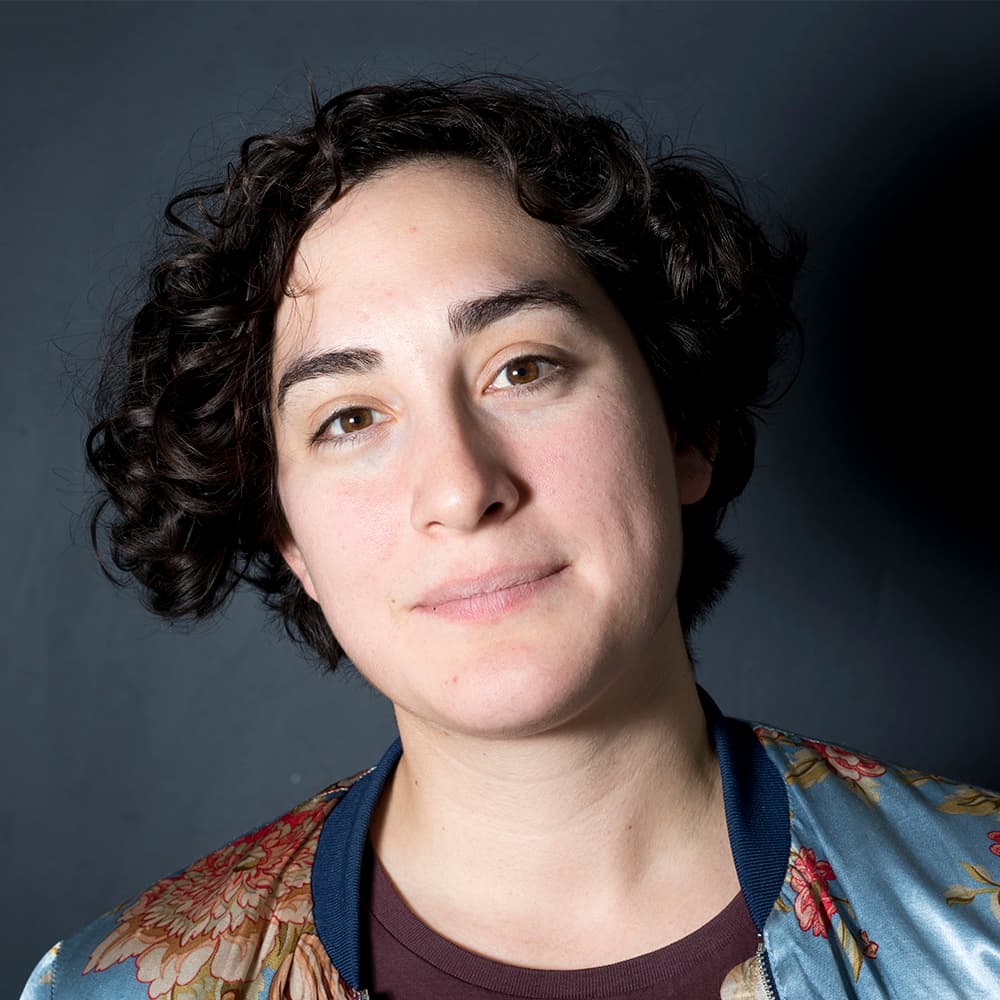
Our environment can encourage us to buy things, get mad, and do all kinds of other stuff. So what exactly is the 16th Street Mall asking us to do? Let's take a peek at the features shaping its design.
Good design is often said to be 99 percent invisible. But so is the design of the 16th Street Mall, and judging by our ongoing survey, most of you Denverite readers don't even think it's that great.
John Desmond, executive director of the Downtown Denver Business Improvement District says that the mall tries a lot of things to encourage "pro-social behavior" -- and to discourage anti-social behaviors, like smoking marijuana in public, harassing or intimidating people, or even "quality of life" issues like sitting and lying camping in public.
Music was used as a deterrent more than 20 years ago. It's still playing.
Back in 1995, University Building Owner Bernie Naiman decided that classical music could keep "undesirables" from loitering near his building. The Denver Post declared it a success a year later:
"Beethoven's 'Symphonie Pastorale' is proving to be a terrific vagrant and teenager repellent."
It's classic example of "unpleasant design," which my favorite podcast 99% Invisible describes as features "intended to target, frustrate and deter people."
Today, classical music still plays on the mall, and not only outside the University Building. Now, you can hear arias and quartets along the corner of 16th Street and California, where Bill Gough, former vice president of Commercial Asset Management, was inspired to install speakers after walking past the University Building.
"It was to keep the transients out," said Gough, now retired and no longer the owner of the building. "It's classical music, they like headbanging music."
Current property management says that the music "can be a calming element."
Desmond says that the DDBID "isn't really interested necessarily in encouraging people to move," though "individual buildings may perceive that [music] may not encourage people to spend more time around there."
Benches are for resting (until they aren't).
I know, I know, sitting kills. But for an urban area, it's important. Research shows that people like to sit. Plus, the city and RTD are trying to get people to stay for longer periods of time on the mall.
Over time, the way to do that has shifted. Past news coverage noted the mall's artfully decorated benches or the "stubby black granite pillars" but these days, you won't see a lot of stationary places to sit.
"We have actually reduced or eliminated a lot of the fixed-location benches over time," Desmond said. "People prefer movable tables and chairs, [like] to get into and out of the sun."
That way, you can a eat meal from a local cart that doesn't have its own seating, which would definitely be pro-social behavior.
But rest too long and suddenly you're anti-social. In 2012, an opinion writer celebrated Denver's camping ban for its effects on the 16th Street Mall: "No longer do we have to find people sleeping on the street or on the benches on the mall."
Take a guess at what more lighting does.
This week, the city has begun replacing the 16th Street Mall globe lights with exact replicas. Desmond says that the project is for the architectural integrity of the mall, but also to get more light onto people with high-efficiency LED lighting.
"We’re always aware of the perception and reality of safety as well as the design issues that go along with each one of these decisions," he said.
Along with the perception of safety is the research that suggests that well-lit streets can reduce drug use, one of those "anti-social" behaviors.
But there's one romantic feature too: Jason Whitlock, principal city planner for urban design, said the lights are supposed to add a bit of twinkle and contrast.
Destinations make the mall.
In order to have any pro-social behavior in the first place, you need people. And the malls that survive these days are destinations. That means that what kills one mall could be a more alluring mall down the street, CityLab notes.
The 16th Street Mall can't decisively curate its tenants because it has multiple property owners and it's not the only mall in town. (In Denverite's survey, the most commonly requested feature so far is different types of shopping.) So for the mall's management, other placemaking features have to fill the gap.
There's the summer pianos sitting on the street, designed to "surprise and delight." Skyline Park hosts seasonal events, like the certified-pleasant beer garden, open through Sept. 15.
That makes for an open invitation.
"The mall is really meant to be an invitation to everybody in the city," said Whitlock. "It’s really important that for us the placemaking is very invitational -- that we want more different users there, throughout the downtown network."
But the party feels ambiguous, like when an old friend wants you to "come hang out."
Stay, but don't stay too long -- that's anti-social. Linger under twinkling lights that also enhance your safety. Come shop or play piano or something, we'll have a good time.
It's a difficult needle to thread, and the DDBID knows it.
"How can you balance the needs and the behaviors of the community to make it a vibrant public space that’s open to everyone?" asked DDBID's Brea Olson.
The missing ingredient could be your opinion. Denver's ready for the next iteration of the 16th Street Mall and they've been asking for yours. (So are we.)
The ball's in your court.











